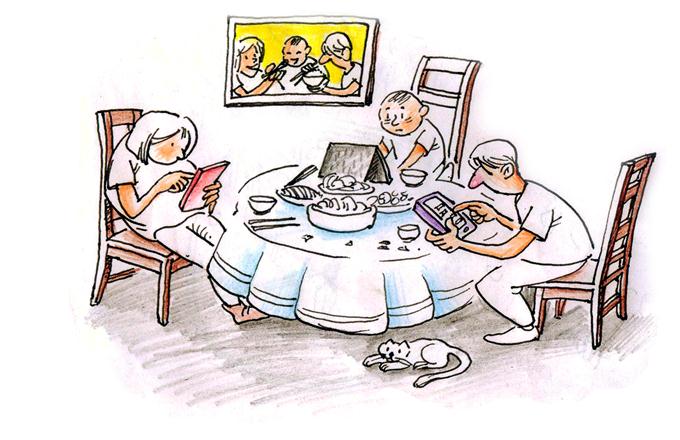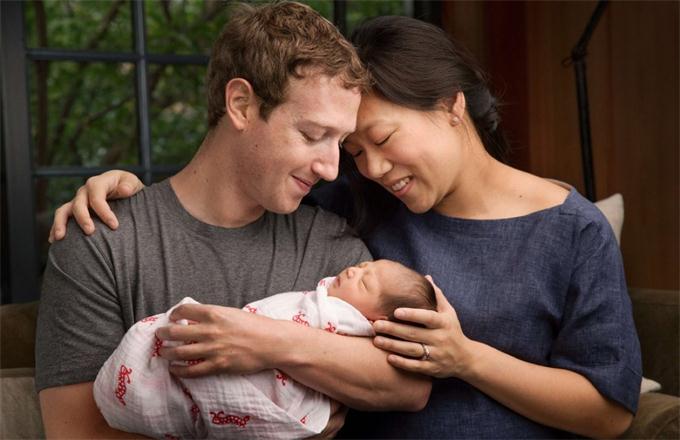Why is Northeast Asia fraught with uncertainties?
 |
|
Chinese Premier Li Keqiang (R), Japanese Prime Minister Shinzo Abe (L) and South Korean President Park Geun-hye attend the sixth China-Japan-South Korea leaders' meeting in the South Korean capital of Seoul, Nov 1, 2015. [Photo/Xinhua] |
For China-Japan-Republic of Korea relations, arguably the most important trilateral relationship in the region, this year has not been good. The recent impeachment of ROK President Park Geun-hye, besides dealing a heavy blow to her political career, has delayed the trilateral leadership meeting that was originally scheduled for the end of 2016.
Things started getting more complicated after Seoul allowed Washington to deploy the Terminal High Altitude Area Defense anti-missile system on the ROK soil, which Beijing is vehemently opposed to. While Seoul's decision on THAAD has further strained China-ROK ties, the ongoing political drama in the ROK is not at all conducive to rebuilding trust among the three neighbors.
China-Japan relations have not seen any improvement either. Instead, they have become more strained after Tokyo sought to meddle in and play up the South China Sea disputes between China and some ASEAN member states. And by scrambling its fighter jets after Chinese air force planes had passed through Miyako Strait recently, Japan has added a grave twist to the already strained bilateral ties.
Add to all the unexpected twists in ROK-Japan relations and you get a picture of a region full of uncertain-ties. At the end of last year, Seoul and Tokyo agreed to settle their long-standing differences over Korean "comfort women", a misnomer for women and girls forced into sexual slavery by the Japanese army before and during World War II. Less than a month ago, they signed an agreement to share military intelligence.
The high point of trilateral cooperation (and probably the only one) this year has been the first Trilateral High-Level Dialogue on the Arctic in Seoul in April. Increasing security-oriented frictions, along with disputes left behind by history, ideological differences, and clashes over national interests, have thwarted the three countries from seeking common ground.
Because of stalled high-level communications and escalating tensions, strategic mutual trust appears to have suffered the most in the trilateral relationship. That Japan and the ROK are cooperating more closely with the United States in military and economic matters is a case in point.
The simmering tensions in Northeast Asia reflect the major changes in the regional security situation. Since taking office in 2012, Japanese Prime Minister Shinzo Abe has been relentlessly building up Japan's armed forces after reclaiming the right to collective defense by muscling through constitutional revisions in parliament. He has also continued to intensify defense cooperation with the US in pursuit of making Japan "a normal state".
Abe is scheduled to visit Pearl Harbor with US President Barack Obama on Dec 26, which will make him the first sitting Japanese leader since the end of World War II to do so.
Japan has to realize that full reconciliation among Beijing, Seoul and Tokyo is unlikely unless it truly faces up to its past. Abe has neither visited Nanjing, where more than 300,000 Chinese were massacred by the invading Imperial Japanese Army from December 1937 to January 1938, nor has he apologized to the Chinese people for the atrocities they suffered under the occupying Japanese forces. And this is what makes Abe's intentions, including the reason behind visiting Pearl Harbor, highly suspicious.
Japan-ROK ties have indeed been improving not because of deepening mutual trust but because of the Obama administration's "rebalancing" to the Asia-Pacific strategy and the deployment of THAAD, which makes them feel more secure.
But if Japan and the ROK continue to excessively lean on the US' shoulders, they would thwart future negotiations on a China-Japan-ROK free trade agreement, a possible game-changer in trilateral ties. So whether the three neighbors can fix their problems will largely depend on the importance they attach to the trilateral relationship. The resumption of trilateral leadership meetings will signify that importance.
The author is a researcher at China Institutes of Contemporary International Relations. The article is an excerpt from her interview with China Daily's Cui Shoufeng.

























